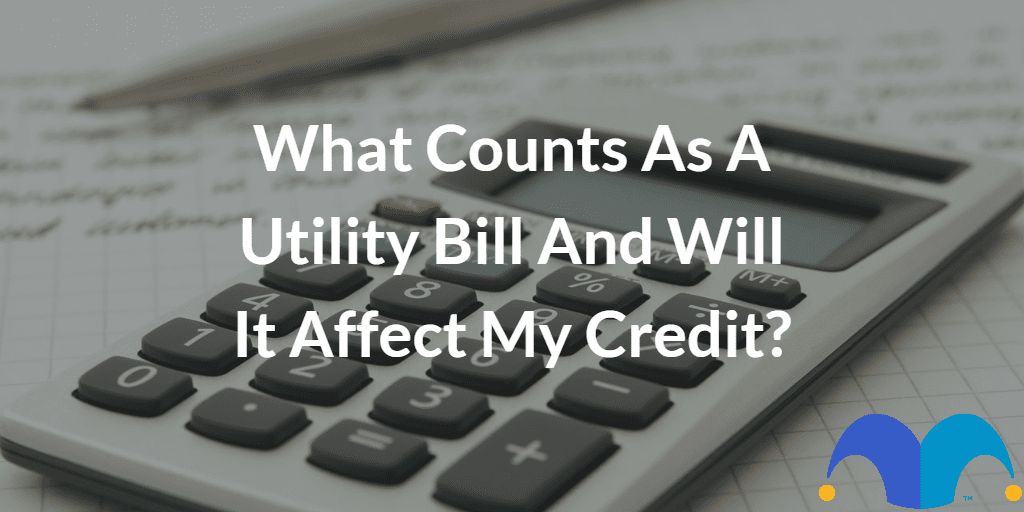Your utility bills are likely just one of many different types of bills that you pay each month. But what exactly counts as a utility bill, and can it affect your credit score? We have the answers.
What counts as a utility bill?
‘Utility bills’ is a broad name for bills from companies or service providers to a homeowner. They are basically common recurring expenses for services or utilities that support the running of a household. The most common utility bills are:
- Electricity
- Water and sewage
- Gas
- Broadband
- Home phone
- Mobile phone
Most households pay on a monthly basis for most if not all of these services or utilities.
Do utility bills affect my credit score?
Utility service providers have different standards when it comes to reporting information to credit reference agencies.
But generally, utility bill accounts are not regarded as credit accounts. So, if you make your payments on time, you will probably never see them on your report.
However, the situation might be different if you miss or make late payments. In such cases, some providers may report you to credit reference agencies.
Furthermore, if you owe a particular utility provider money and do not pay it, they may decide to take legal action, which may result in a default or a county court judgment. This will almost certainly appear on your credit report and may have a negative impact on your credit score.
The exact details passed to credit reference agencies will depend on your utility provider. Moreover, credit reference agencies will process your utility bill information differently when it comes to compiling your credit score.
The best way to find out what is affecting your credit score is to request a copy of your credit report and review it. You are entitled to one free report every year from each of the three major credit reference agencies in the UK (Experian, Equifax and TransUnion).
How can I stay on top of my utility bills?
Regardless of whether your information is passed to credit agencies or not, it’s important to stay on top of your bills. If you are currently having difficulty paying your bills, there are things you can do to manage the situation.
The first step is to contact your current provider. Together, you can come up with a solution, such as a new and affordable payment plan or schedule.
Next, look for ways of cutting back on the use of utilities like electricity and gas.
If your contract with a particular provider is coming to an end, consider shopping around to see if there are any other providers with better rates available. Switching providers could potentially save you hundreds of pounds every year on utility bills.
Bottom line
The impact of utility bills on your credit score will depend on what your provider reports to credit reference agencies. The best deterrent to these bills negatively affecting your score is to always pay them in full and on time.
